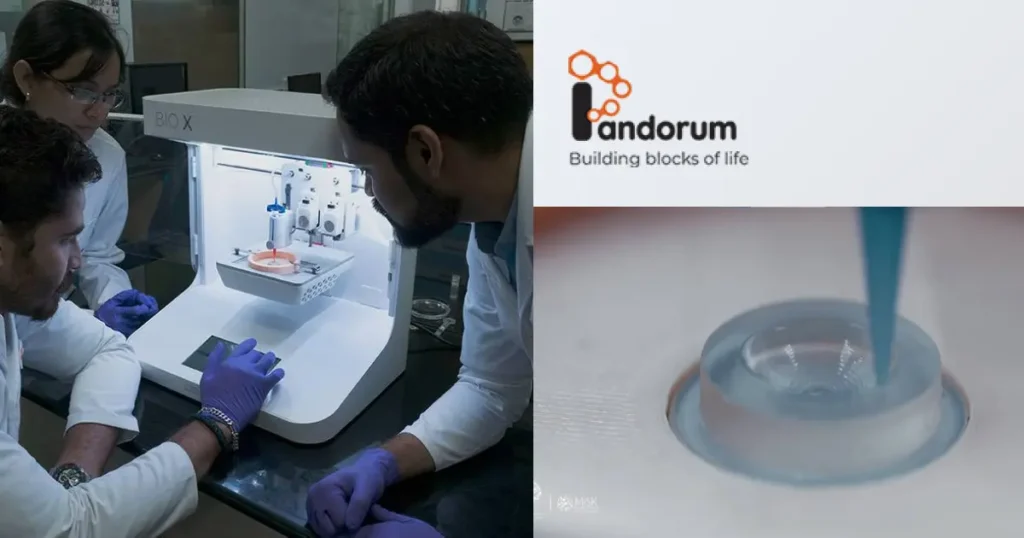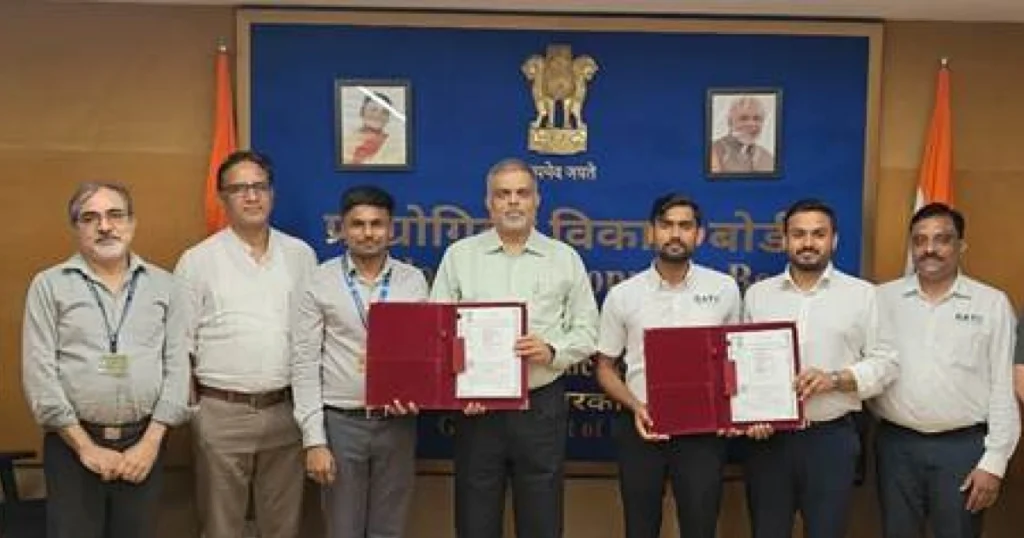Pandorum Technologies, a leading biotech firm specializing in tissue engineering and regenerative medicine, has made significant strides in the field with its innovative approaches to treating corneal dystrophies, liver diseases, and lung disorders.
With a commitment to translating science into practical medical solutions, Pandorum is poised to revolutionize how we address some of the most pressing health challenges of our time.
Founded in 2011 by Tuhin Bhowmick and Arun Chandru as a biotech startup, Pandorum has grown into a global player in the regenerative medicine landscape.
The company’s progress has been driven by its deep expertise in developing proprietary technologies for tissue engineering and cell-free therapies, supported by India’s Biotechnology Industry Research Assistance Council (BIRAC) and leading venture capitalists.
Bioengineered Corneas: A Breakthrough in Vision Restoration
Corneal blindness is a major global health issue, affecting millions of individuals and creating a substantial burden on corneal transplant programs.
According to the World Health Organization, corneal opacity contributes to over 4% of global blindness, with millions waiting for transplants each year.
Pandorum Technologies is addressing this urgent need with its bioengineered corneas, designed to overcome the limitations of traditional donor corneas.
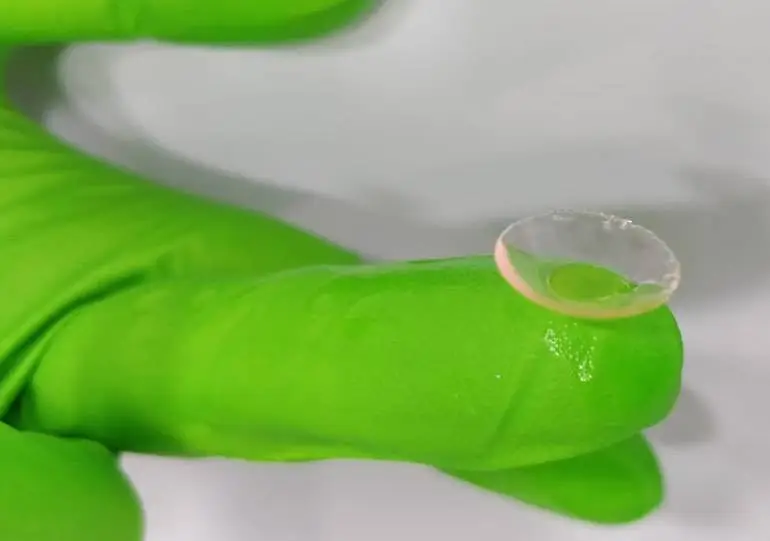
Pandorum’s bioengineered corneas leverage advanced tissue regenerative technologies, including stem cell-derived exosomes and tissue-mimetic biomaterials.
These innovations aim to regenerate healthy, functional corneal tissues and provide a viable alternative to donor corneas.
The company’s proprietary “Bio-Ink,” used in its bioprinting processes, mimics the natural transparency and mechanical properties of human corneas, offering a promising solution for patients suffering from corneal dystrophies and injuries.
In addition to bioengineered corneas, Pandorum has developed bioprinted lenticules—thin, transparent corneal tissues that address specific damage within the cornea.
These lenticules are produced using advanced bioprinting techniques and proprietary bioinks, ensuring consistency and high quality.
This development significantly reduces the disparity between donor corneas, which often vary in quality and suitability for transplantation.
The company’s flagship product, Kuragenx, represents a groundbreaking approach to treating severe corneal conditions like neurotrophic keratitis.
Kuragenx is a liquid cornea formulation that, when applied to the eye, solidifies and promotes the regeneration of corneal tissue.
This innovative treatment has demonstrated success in reversing corneal ulcers and restoring vision, offering hope to patients who previously had limited treatment options.
Mini Livers: Transforming Drug Discovery and Disease Modeling
Liver diseases are a major health concern worldwide, with conditions ranging from inborn errors of metabolism to chronic liver diseases affecting millions of people.
Liver transplants are a common treatment for end-stage liver disease, but the shortage of donor organs poses a significant challenge.
Pandorum Technologies is addressing this issue with its development of mini livers—3D liver tissue models designed for drug discovery and regenerative medicine.
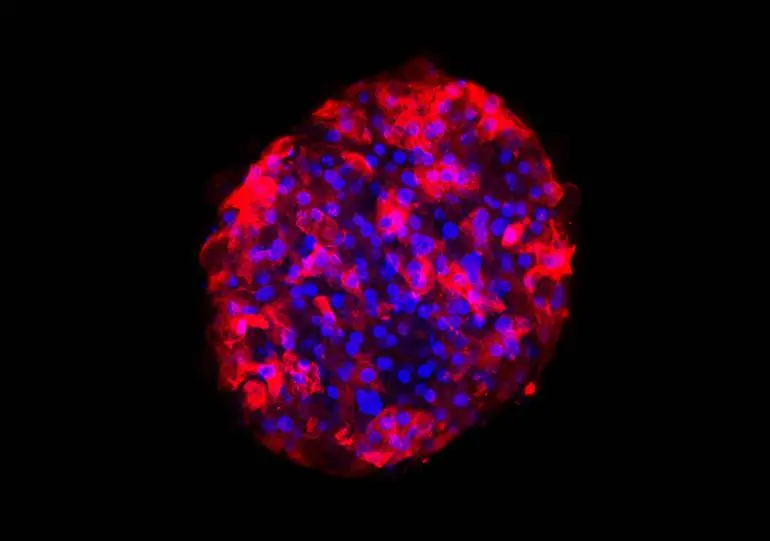
Pandorum’s mini liver platform utilizes advanced 3D bioprinting and cellular engineering techniques to create functional liver tissues that mimic the native liver microenvironment.
These 3D hepatocyte spheroids are ideal for evaluating drug metabolism and toxicity, as well as for modeling liver diseases such as non-alcoholic steatosis and fibrosis.
The company’s organoid models recapitulate the complex disease phenotypes, providing valuable insights into drug effects and facilitating the development of targeted therapies.
In addition to drug discovery, Pandorum is exploring the potential of 3D-printed vascularized mini livers for regenerative applications.
These bio-artificial liver constructs could one day be used to support liver function in patients with liver failure, bridging the gap between organ transplantation and regenerative therapies.
Lung Regeneration: A Novel Approach to Post-COVID Recovery
The COVID-19 pandemic has highlighted the need for effective treatments for lung damage caused by the virus.
Pandorum Technologies is expanding its focus to include lung regeneration therapies, leveraging its expertise in exosome-based cell-free therapies.
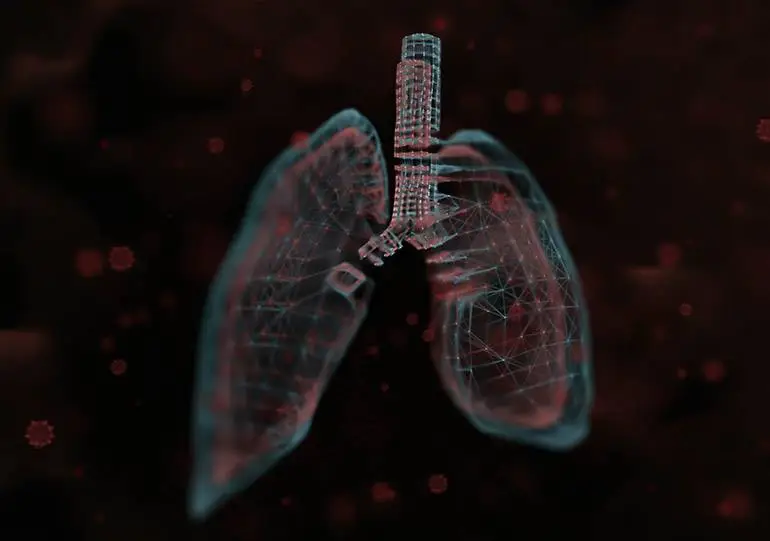
Exosomes—tiny vesicles secreted by cells—contain a wealth of therapeutic cargo that can promote tissue repair and regeneration.
Pandorum’s exosome platform aims to develop therapeutic-grade extracellular vesicles with specific cargo designed to address lung inflammation, fibrosis, and other damage caused by COVID-19.
By harnessing the regenerative potential of exosomes, the company hopes to provide a safer, more effective alternative to traditional treatments, with reduced risk of adverse effects and enhanced therapeutic efficacy.
A Vision for the Future
Pandorum Technologies’ advancements in regenerative medicine represent a significant leap forward in addressing some of the most challenging health issues of our time.
With its innovative bioengineered corneas, mini livers, and lung regeneration therapies, the company is setting new standards in tissue engineering and cell-free therapies.
The company’s dedication to developing cutting-edge solutions for unmet medical needs holds promise for transforming patient care and improving health outcomes on a global scale.
With a strong foundation of scientific innovation and a clear vision for the future, Pandorum Technologies is well-positioned to make a lasting impact on the field of regenerative medicine and beyond.


